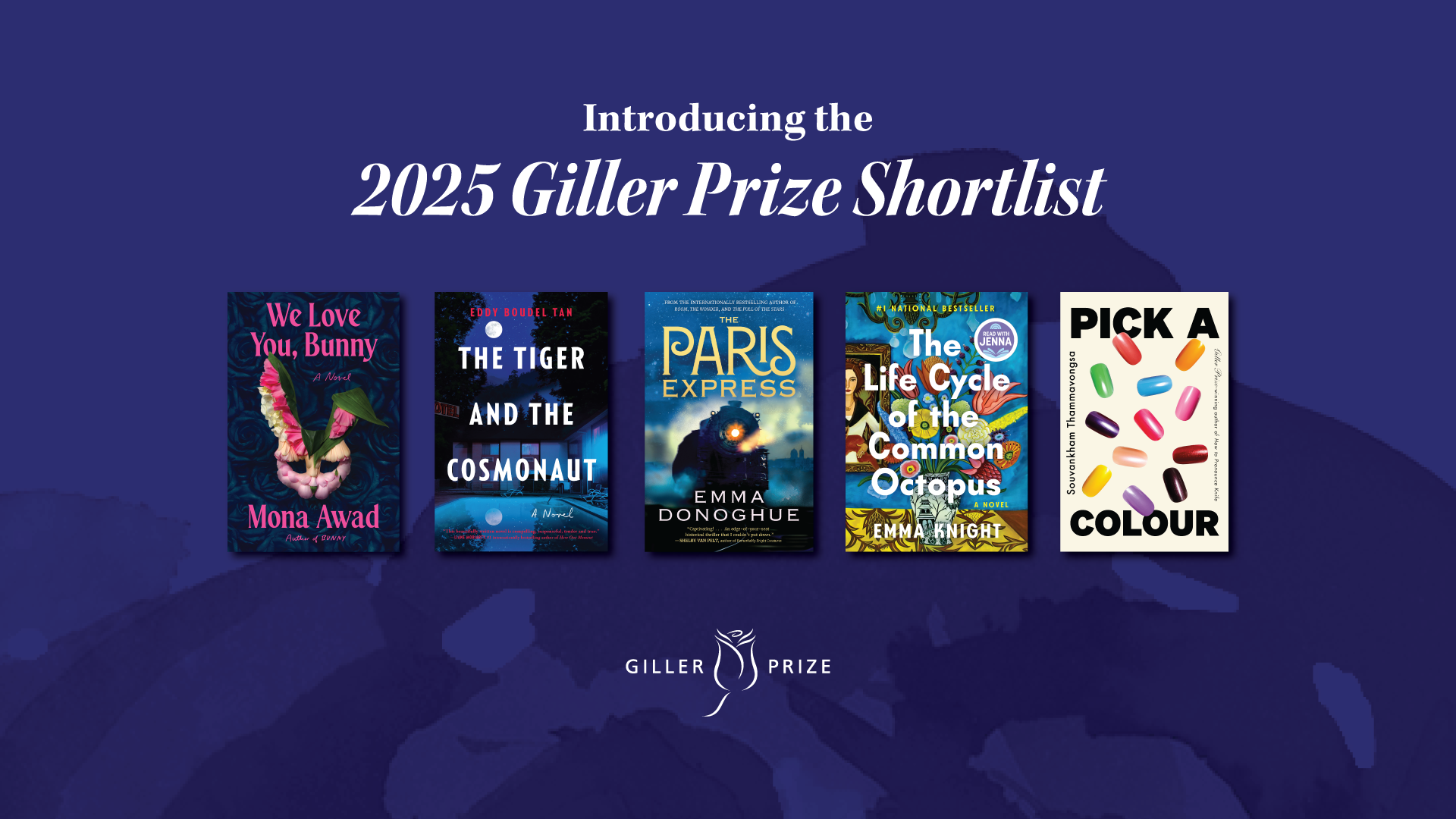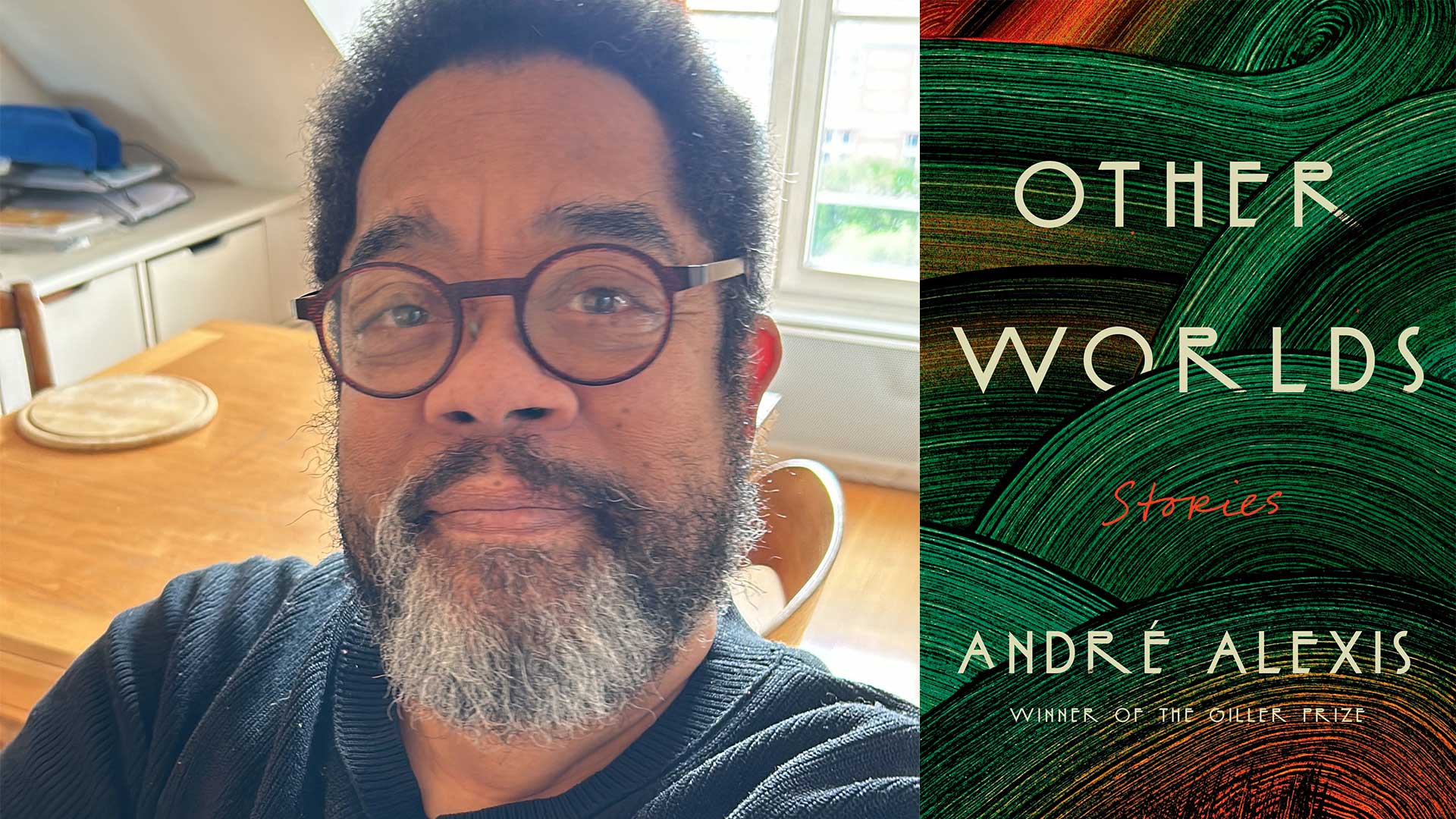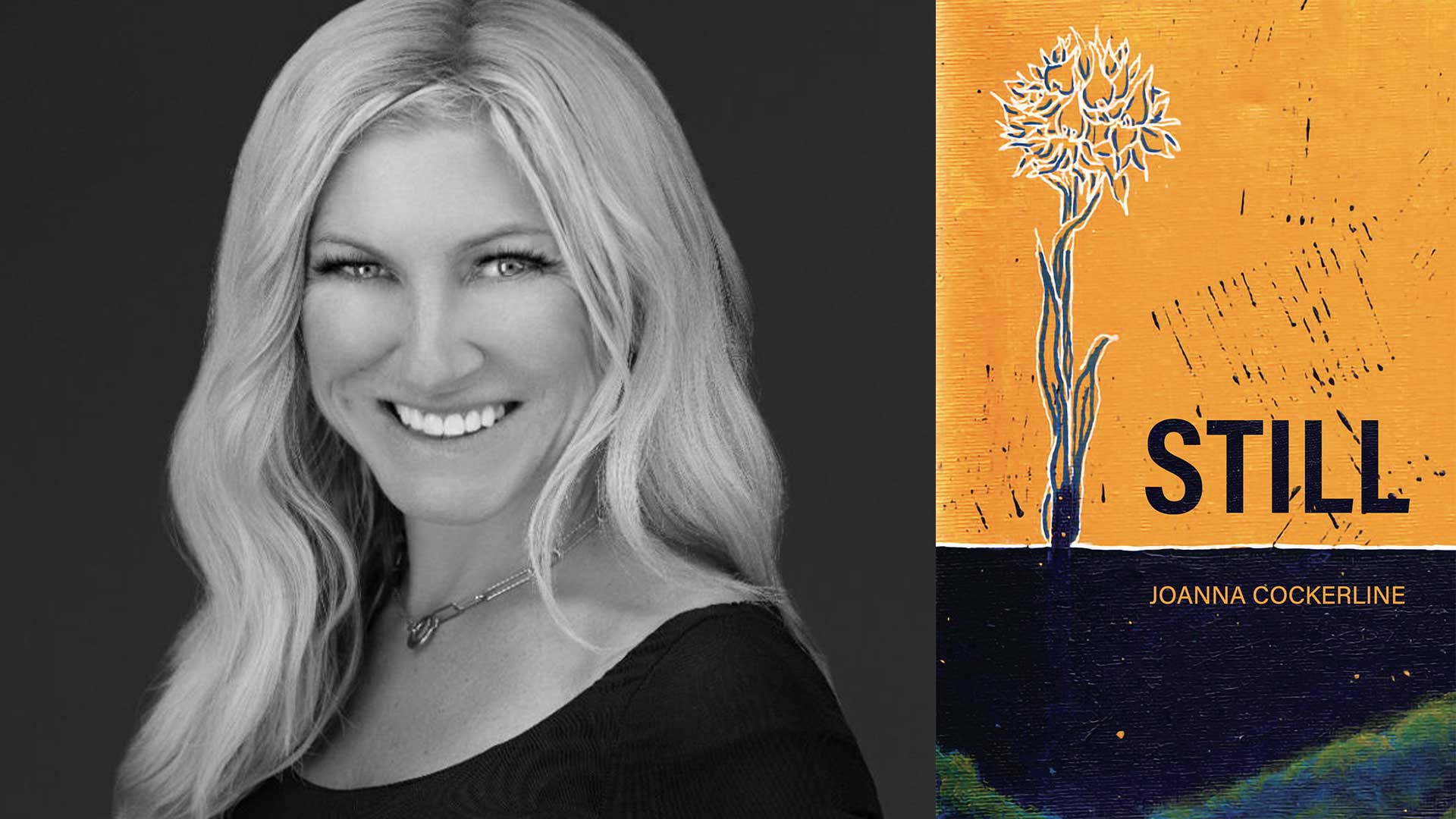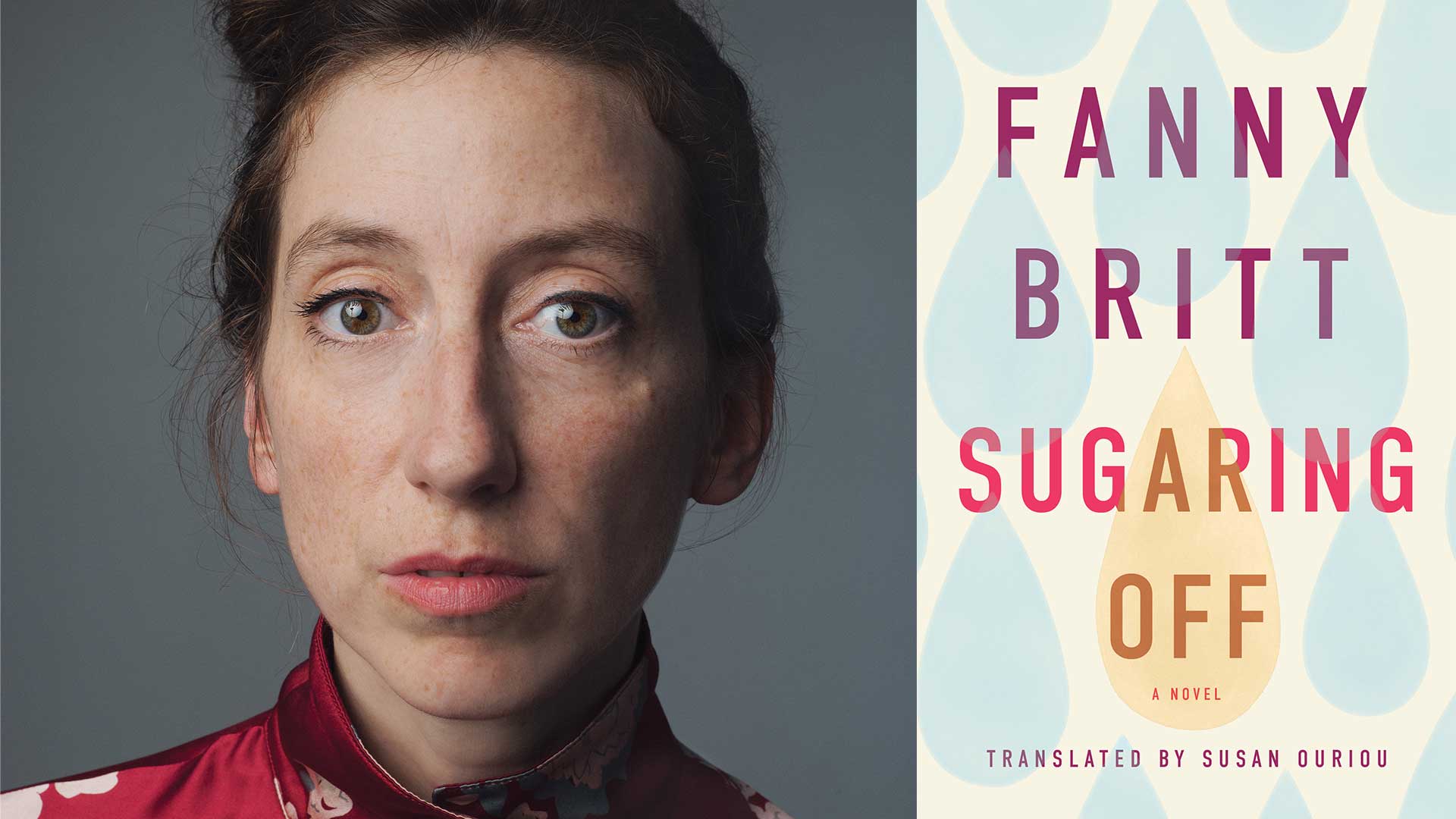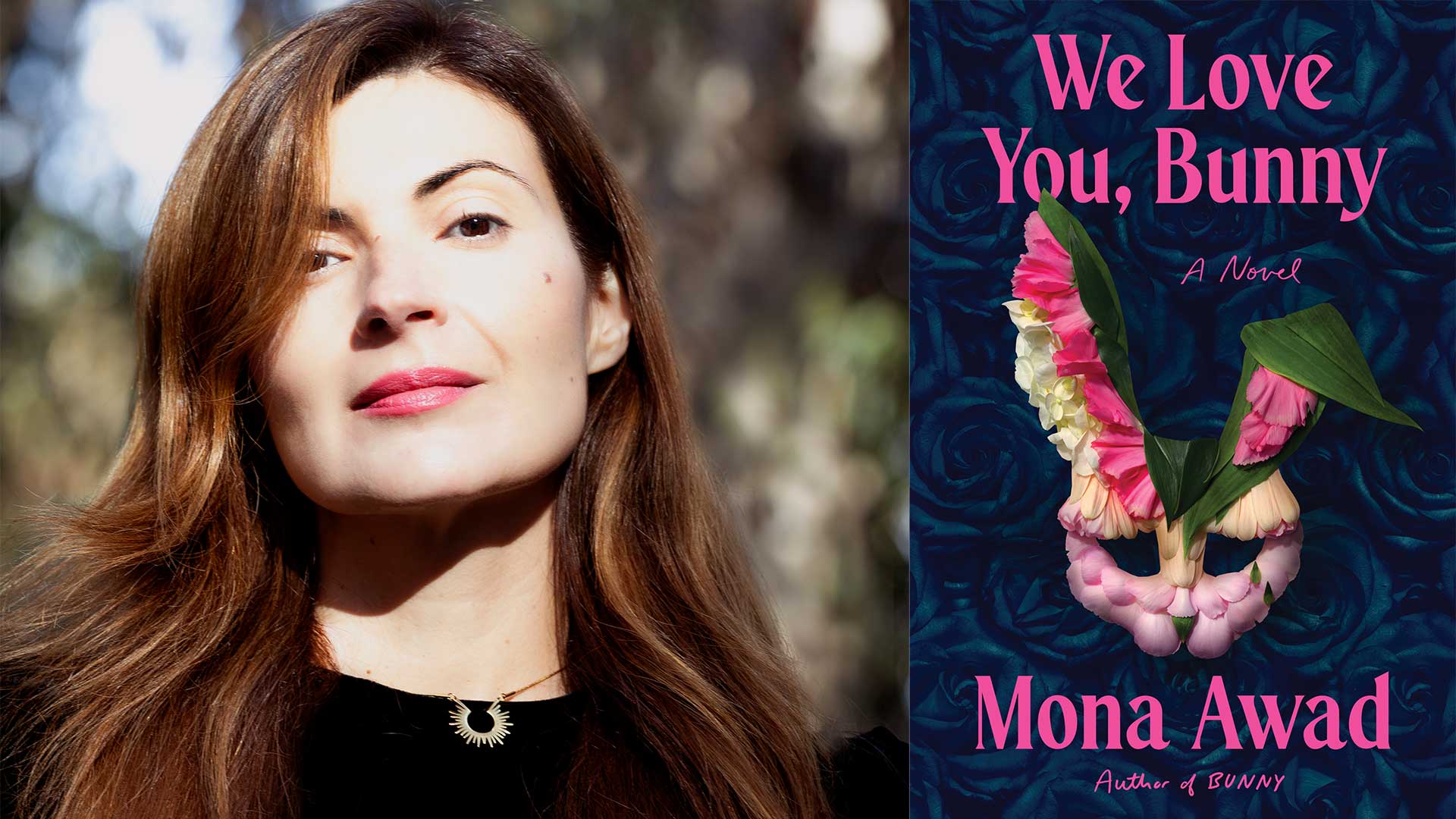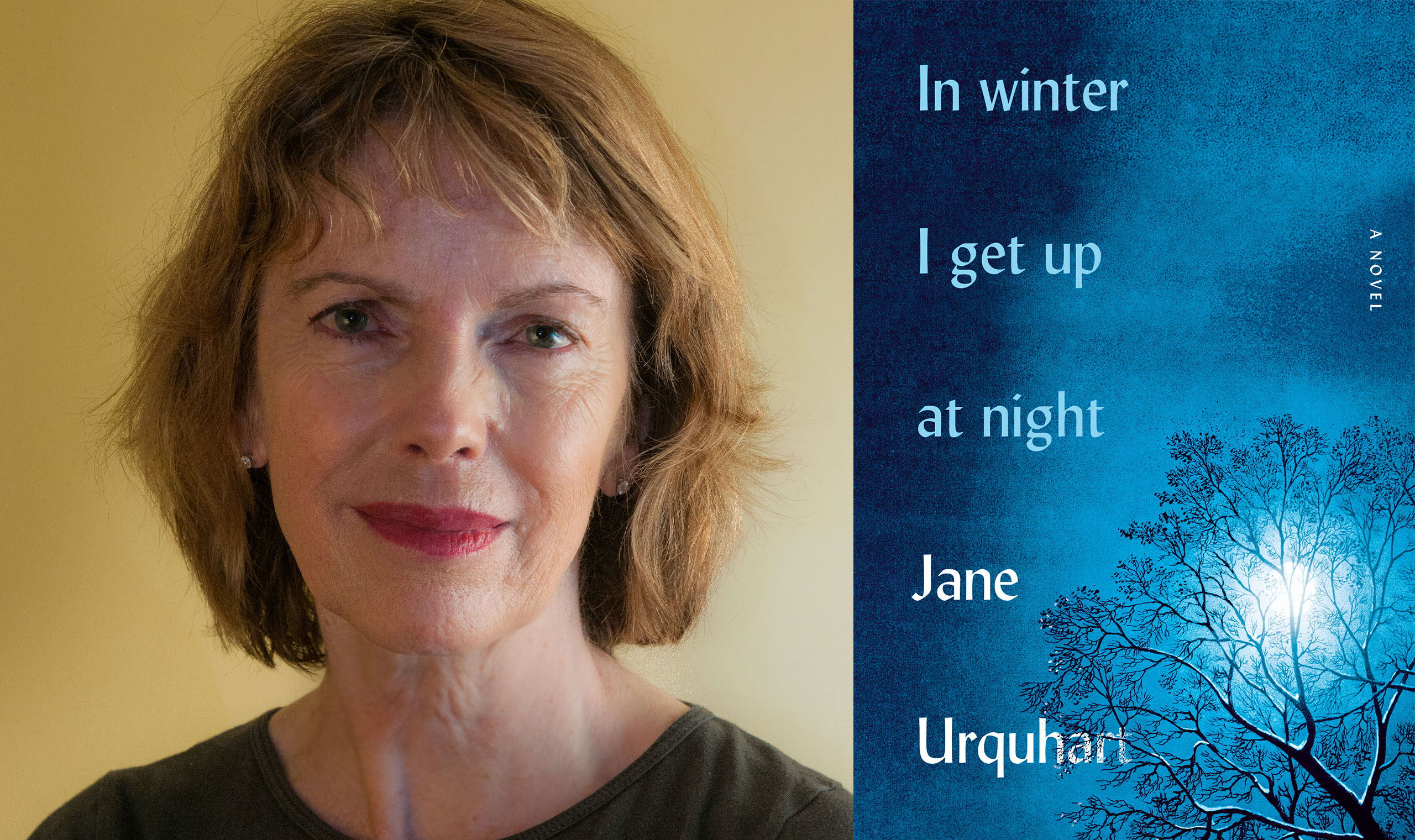
Giller Prize Spotlight: Jane Urquhart
Giller Prize Spotlight: Jane Urquhart
September 24, 2024
Jane Urquhart’s novel, In Winter I Get up at Night, has been longlisted for the 2024 Giller Prize.
Jane Urquhart, one of Canada’s best loved writers, was born in the north (in Little Longlac, Ontario), and grew up in Northumberland County and Toronto. She is the author of eight internationally acclaimed novels, which have received Le prix du meilleur livre étranger (Best Foreign Book Award) in France; the Trillium Award; and the Governor General’s Award, and have been finalists or longlisted for the International IMPAC Dublin Literary Award; the Rogers Communications Writers’ Trust Fiction Prize; the Orange Prize; The Giller Prize; the Booker Prize; and the Commonwealth Writers’ Prize for Best Book, among others.
What inspired you to write In Winter I Get up at Night?
Two prairie related life events:
When I was a child, my Ontario, rural Irish-Canadian family often spoke of the one brother (great-great-uncle to me) who had gathered up his family in the 1920s and had gone west. According to this story, he had no sooner built his house and barn when both were destroyed by a tornado.
There were other details in the story. In one version an old lady had been carried by wind three fields to the west. In another, it was was a horse and buggy that was dispatched in this way. In both versions, miraculously, no one, and nothing — beyond house and barn — was injured. Much later I discovered that one boy had in fact been very seriously injured.
In this way, I learned about versions and points of view, and how stories enable people to mythologize their ancestors.
As a younger writer I spent two or three summers teaching in Saskatchewan at “The Sage Hill Writing Experience” with people like Patrick Lane, Louise Halfe, and Merna Summers, and each summer the “Experience” set itself up in a different location. Taking its cue from the Summer School for the Arts, which took place in an abandoned TB Sanitorium in the Qu’Appelle Valley, Sage Hill moved into an abandoned DEW-line era radar military base, and ultimately, via St Michael’s Retreat, into St Peters, a fully functioning Benedictine Monastery. The experience was essentially blown around in Saskatchewan in the same way the people and things my elder relatives spoke about were blown around. There was a different version every year.
I always knew I would someday have to write a novel about this magical, shape-shifting aspect of the Northern Great Plains. These were the seeds of the narrative.
Everything else was a product of my imagination.
What do you hope readers take away from In Winter I Get up at Night?
The fact that there has always been divisiveness in human society. But at the same time there has always been beauty and hope.
Where is your favourite place to write and what is your process?
My favourite place to work has always been my kitchen table. Sometimes, if I am working very hard, and unless I am sleeping, I basically live at the kitchen table.
At one time I had a wheeled office chair that I could navigate to the fridge, the pots and pans, the stove, and back again to my place at the kitchen table.
I let the book determine my process. It builds for a long period of time in the back of my mind with me paying some attention now and then while driving, walking, or before and after sleep.
Then comes the time when it insists on being born.
Is there an activity you do to help inspire writing?
I read around the subjects that intrigue me. Some people might call this research. But it is less organized than research. I browse, or graze around phenomena that have held my attention. A great deal of this relates to place. Observation in the real world has a lot to do with my writing. I use the internet, but not that often. Non-fiction books are important to me. If I can’t find them in a library, I order from Abe Books.
What’s a book you recommend others read and why?
I read a lot of poetry and have done so since I was an adolescent. I have just finished reading a very strong first book of poems called “Master” by Simon Shieh. It is an intense study of power and powerlessness, desire, love, and aversion. I am also reading “The Principle of Rapid Peering” the most recent book by Sylvia Legris, a poet who is connected in a vital way with nature and the surface of the earth. A call for the act of observation, it is devotional in its intensity.
I would recommend both these recent books and many other works of poetry.
Share this article
Follow us
Important Dates
- Submission Deadline 1:
February 14, 2025 - Submission Deadline 2:
April 17, 2025 - Submission Deadline 3:
June 20, 2025 - Submission Deadline 4:
August 15, 2025 - Longlist Announcement:
September 15, 2025 - Shortlist Announcement:
October 6, 2025 - Winner Announcement:
November 17, 2025

